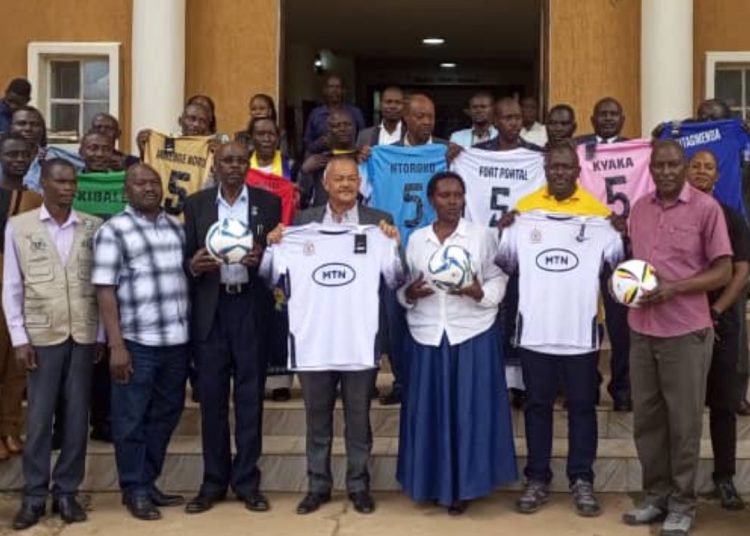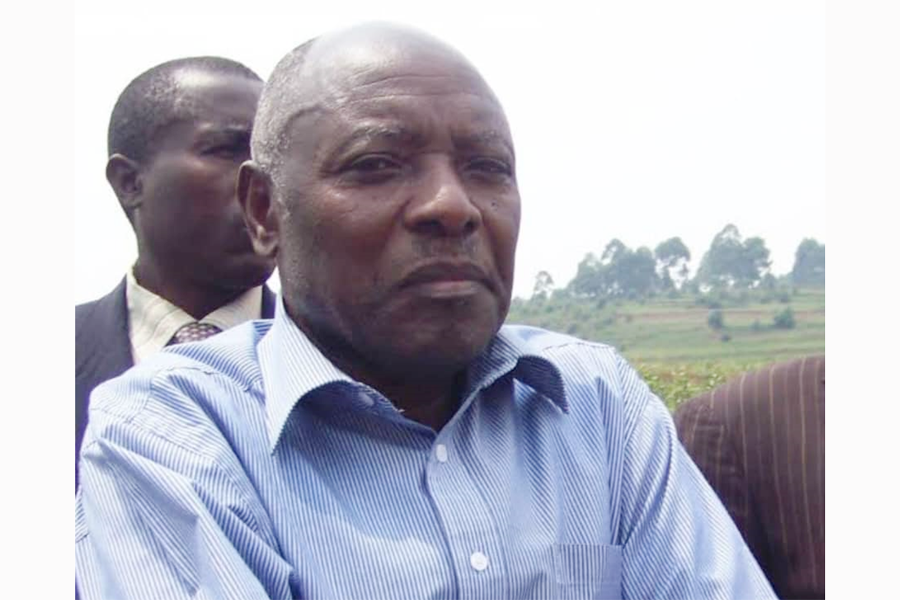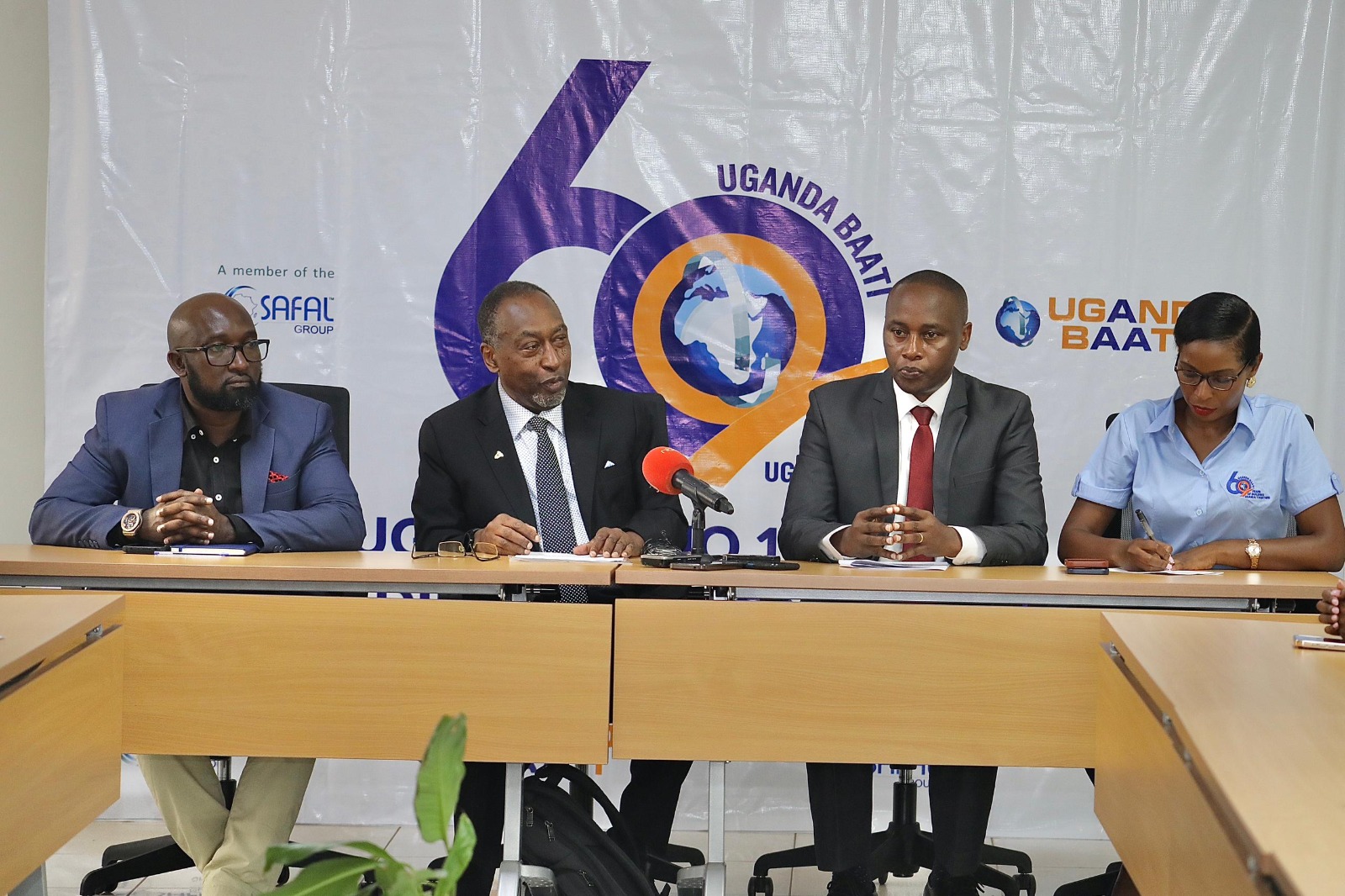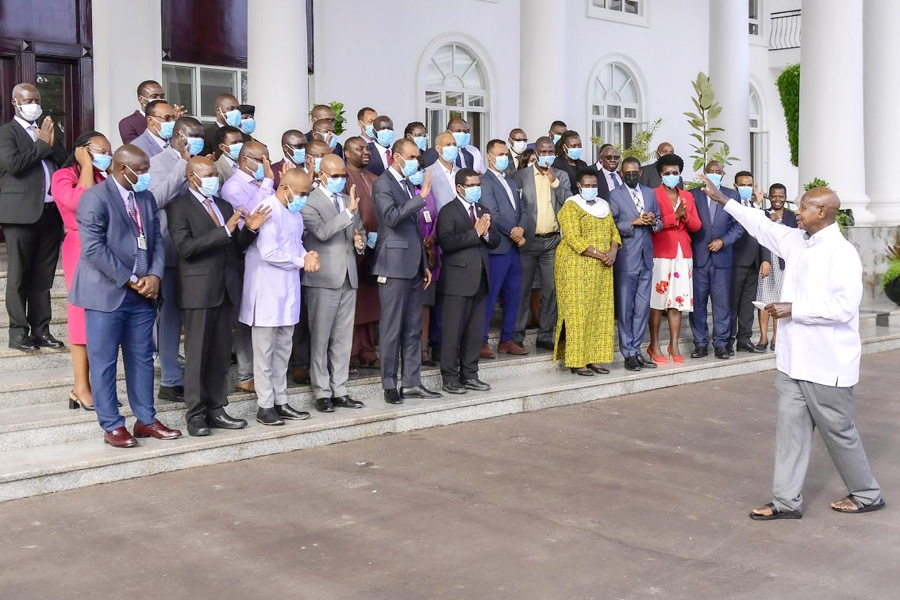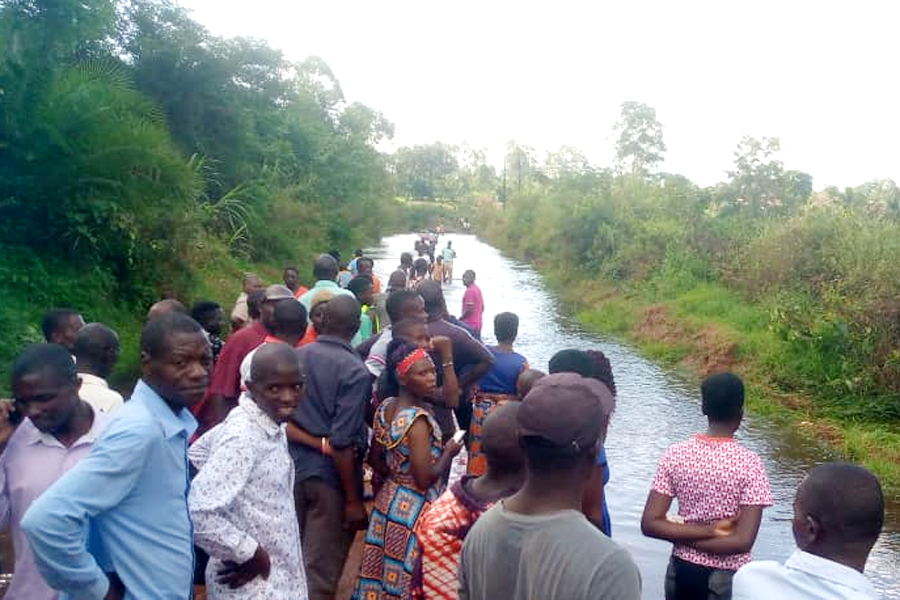My brief life as a Kenyan in Moi's Nairobi
Vipi banange. Let me tell you a story.
For the first half of my life I, the one you know as Bazanye Sempebwa, was a Kenyan.
Keep Reading
Don’t panic. This is not one of my outrageous lies. This is true. I was a Kenyan. In much the same sway I am Ugandan now -- in the sense that there wasn’t any convincing legal document to show it but it was in my essence. In the way I walked, in the way I talked, in the way I breathed the nation’s air.
I was a Kenyan in the same way I am Ugandan, because I have no paper proof of Ugandanness. I lost my passport and, as for National ID, I am pursuing it with as much vigour as I pursue herpes. That is to say I am not going out of my way to acquire it, I just know in the back of my mind that I will get it eventually.
Let me tell you how lacking an ID was one of the most Kenyan experiences of my life.
It was a cold dark winter’s night in Nairobi starring my friends and I, a small troop of teenagers with duo-syllabic nicknames each ending in O, names that have to be changed to protect that not-so-innocent.
We were returning from a neighbourhood nightclub and had to go through a dark tree-lined pathway to get to the main road and then to home.
I don’t know if this is the case now, but in the nineties, Kenyan teenagers didn’t have the broad access to cars that the Uhuru era has ushered in where, according to what I see on Facebook, every Kenyan youth now has at least a Probox.
We were, however, fine with walking, because we were young, dumb, a bit drunk and dressed like The Fresh Prince of Bel Air and the combination of these factors leaves one with way more confidence than one should have when wandering through dark paths at 3:00am in nineties Nairobi.
Round a particularly sinister corner we obliviously ambled, only to freeze at the sound of something no teenahger should be able to recognise: an assault rifle cocking.
I didn’t abruptly and completely sober up at the sound of the click-click. I had been mugged before and my attitude to Nairobbery crime was settled and stoic. Like, “Oh, well, who needs a wristwatch anyway? And on the bright side, Obohos were notorious for stripping their victims naked, but it’s 3:00am, we can still confidently walk home in our drawers.”
But I had missed one thing. Obohos in the 90s had knives, not guns.
Guns? That was cops.
“Simama!” barked popo and out from the shadows they emerged, red eyes glowering out of faces canine and wolf-like, menacing and bloodthirsty.
“Toa kitambulisho!” he said.
Ugandans won’t understand. Ugandans today are not used to repression and you don’t yet know how to behave when a cop asks you to toa kitambulisho. A modern ugandan is likely to reply with “You as who?” a common Ugandan saying, but I was still Kenyan back then, I was not Ugandan yet, I had not acquired the appropriate lugezigezi levels. I was a child of the Moi regime; we had our fear of government forces perpetuated well and deeply into us.
So I pissed myself a bit.
And a bit more when I remembered that I didn’t have ID.
Affande Wolfman loomed above us, the gun glinting in the dark. reeling off the usual lines:
Young man unaenda wapi
Young man unatoka wapi.
Young man unataka nini.
None of which are questions, and each of which translate succinctly to. “Cower before me you worm, for I am the mighty State Forces! Tremble in fear, quiver and quake, for it is I, armed government agent with impunity! Muahahhaha!”
As he did that his homie circled our group, stopping at each of us, plunging his paw into our pockets and removing everything in them.
Took out everything, including the condoms. Because we were teenagers in the 90s we each still had our condoms. In the 90s, every teen had a condom, but not every teen had chances to use it. Unlike the current generation, each member of whom is on their third pack at 3:00am.
He picked through the findings, handed back our keys, the prophylactics, the other guy’s IDs. And put all the money into his own pocket.
Then he gave us our stuff back and his colleague told us to go and not turn back.
We had been obohod by the cops.
The state empowers small poor men to oppress its citizens as much as it empowers large fat rich ones to do the same. Vivyo hivyo ndivyo ilivyo as the Kenyan saying went. We walked home, slept off our pubescent hangovers, and continued our lives, taking comfort in the solid knowledge that we would never have to rob children to survive, so we were still better off.
Before I close I should say this about Kenya. You have to understand that it was my home and I loved it dearly, in spite of the cops and corruption.
Uganda is home now, but … I say that to say this. Uganda now has national IDs. And Uganda is bringing back LDUs. Uganda has a rising crime rate.
National IDs are weak, even as a merely cosmetic response to crime, and, in a way increase it, because now anyone who doesn't have an ID at the moment they are asked for one becomes a criminal. And LDUs will take advantage of that to bully, harass, brutalise and, why not even rob us?
As usual, I don’t have the answers. I just know the questions. I am leaving. The next twenty years I will probably be Mauritian or something.









